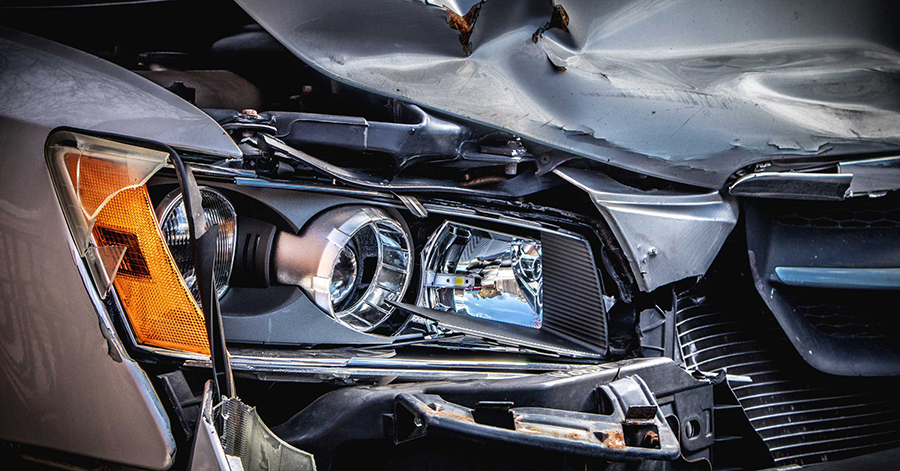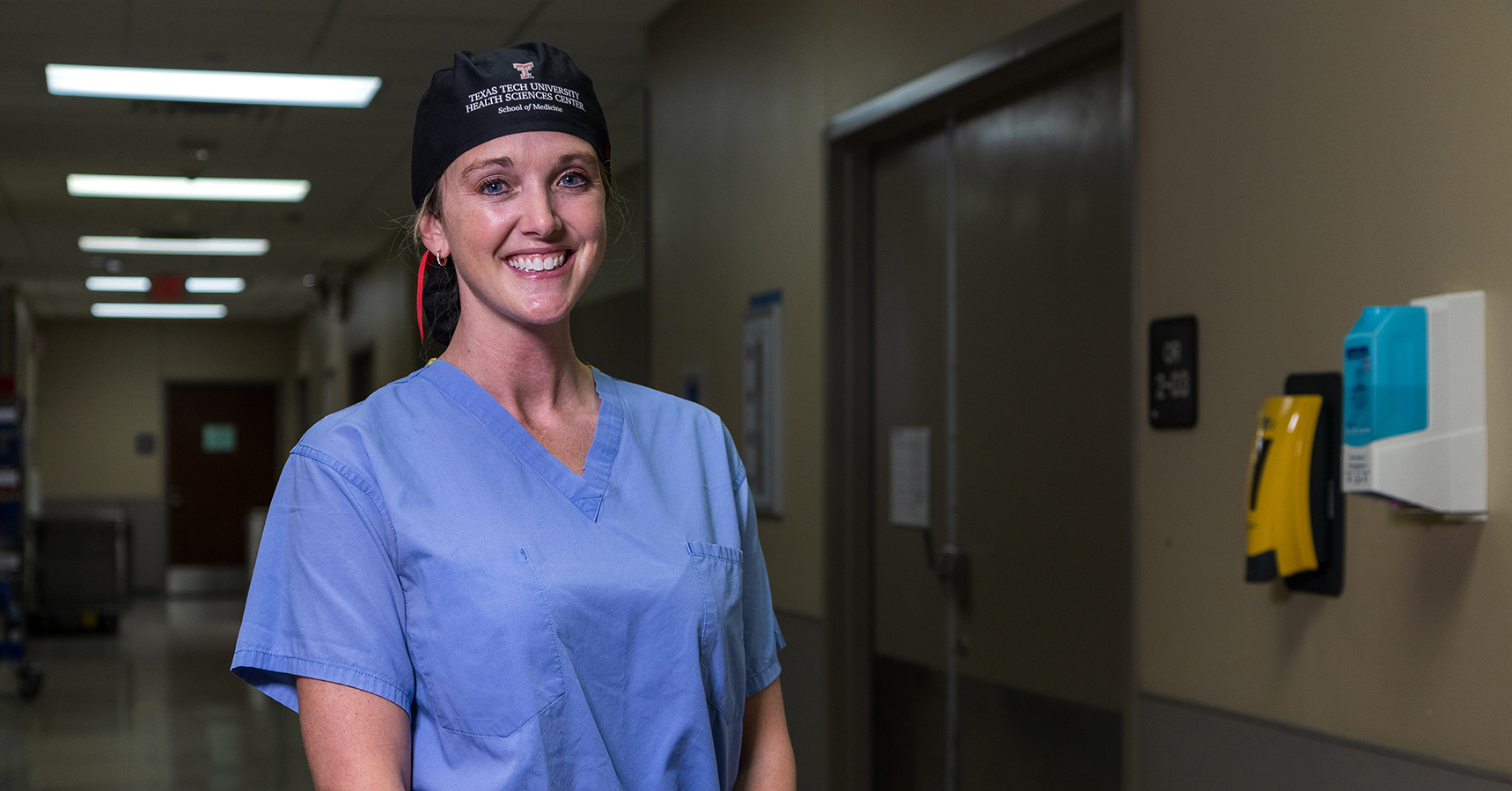
Trauma surgeons are trained to help you during your darkest hour. Patients wake up in the morning, and not for a second, think, “Today is the day that something unthinkable is going to happen. I’ll need a trip to the emergency room, perhaps an operation, and I may even wake up in the intensive care unit. Today is the day that a trauma team of nurses and doctors will work around the clock to save my life.”

The world has been on edge for more than a year with COVID-19 permeating into all aspects of our lives. While summertime for trauma surgeons has always been busier than the winter months, the vaccine rollout and easing restrictions coupled with a strong desire to return to a sense of normalcy have amplified the trauma burden across the United States. Taking precautions and extra care will not guarantee accidents won’t happen, but they can ensure you and your loved ones are mitigating them as best you can.
The trauma team’s job (made up of surgeons, emergency physicians, advanced practice providers, nurses, respiratory therapists, pharmacists, blood bank personnel and hospital staff), on what is often the worst day of your life, is to take every action to keep you or your loved ones alive. While some injury patterns may be specific to a certain geographic region (farming accidents, shark bites, frozen limbs from hypothermia), others are well-established national causes of trauma such as car accidents, gun violence, falls and assault. Part of a trauma surgeon’s job is injury prevention — and ultimately, avoiding a visit to the emergency room.
Adults:
- Wear a seatbelt every time. This takes about two seconds to buckle, and the one click could mean the difference between opening your eyes after an accident in the seat you started in, or thrown 100 feet out the car window into oncoming traffic. “Restrained or unrestrained?” is one of the first questions your trauma team asks to decide how extensive your injuries may be.
- Don’t let your guard down on the water. Waterways and lakes can be just as dangerous as highways. Don’t operate water vehicles as an intoxicated driver, or find yourself a passenger to one.
- Guns are designed to kill. Keep them out of reach of children at all times. All guns should be stored and locked appropriately at all times to avoid deadly injury.
- Burns come in many forms. Safety with bonfires and campfires is important but remember that grills, household chemicals, electrical malfunctions and stray wires can cause burns as well. Avoid the use of accelerants on open flames.
Children and teenagers:
- Protect that precious brain. Helmets possess the few inches of material that stand between “Woops! Get back out there and try again!” and “Your child has suffered a devastating head injury.” Start them early, and use them always.
- Drowning happens in the blink of an eye. Pool covers and gates only work when they’re secured. Distraction at even the smallest level can lead to a child silently falling beneath the water surface. The American Academy of Pediatrics recommends a “water watcher” even in the presence of a lifeguard and starting swim lessons starting at age 1.
- Little hands can make big reaches. Don’t underestimate the ability of your little one to reach higher or farther than you expected. Knives, hot coffee, boiling water, animal bites (and more) can be avoided by keeping children entirely removed from them.
A final plea from trauma teams everywhere — donate blood! We can remove organs that are bleeding, fix holes that need repairing and use multiple forms of life-sustaining measures to get you back to your family. However, if you need a transfusion and blood banks are empty, it makes our job significantly more challenging. If you are able, donate blood or organize a local drive. You never know when it might be you or your loved one on the operating table who needs it.
Brittany K. Bankhead-Kendall, M.D., is a trauma surgeon at Texas Tech Physicians and Texas Tech University Health Sciences Center.
